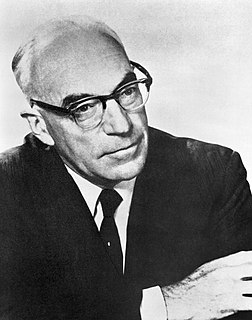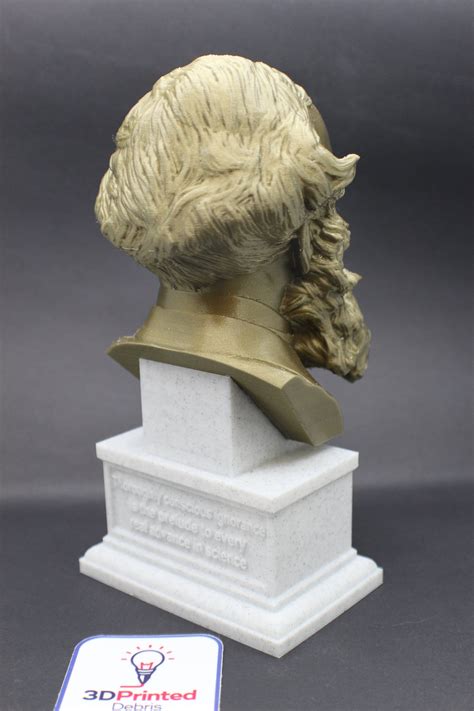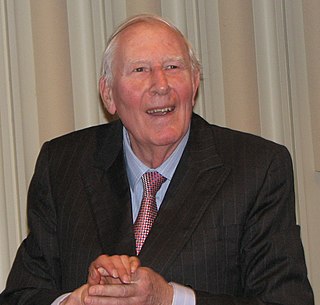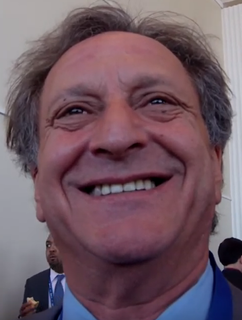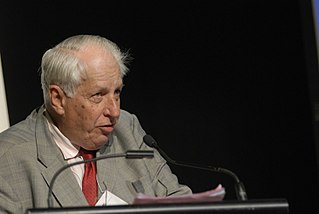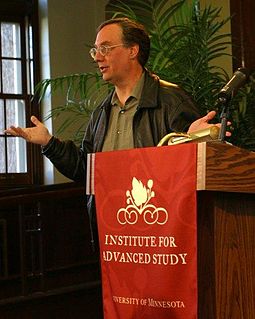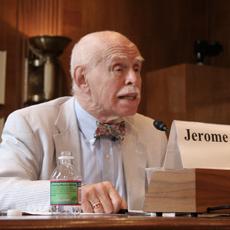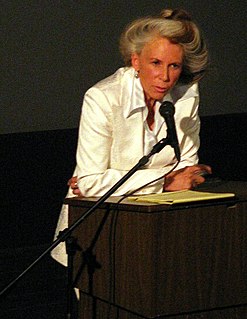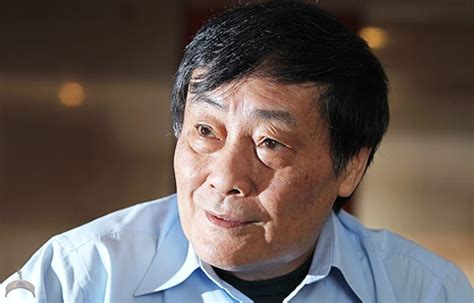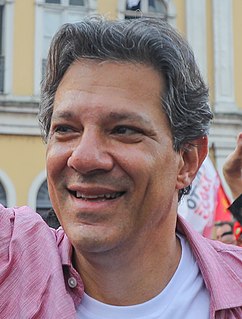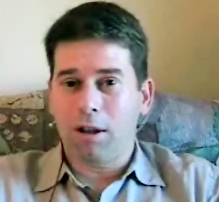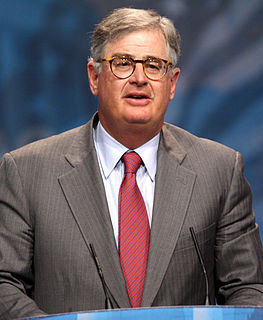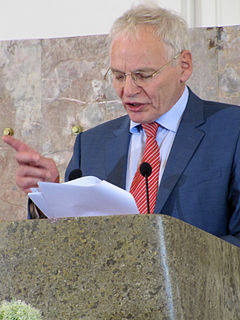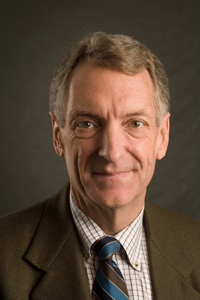Top 1200 Academic Research Quotes & Sayings
Explore popular Academic Research quotes.
Last updated on November 15, 2024.
I've always loved doing research. I remember doing a research project on the Babylonian numeral system in the eighth grade and thinking, 'This is pretty awesome - is this really a job you can have?' This led me toward a career as an academic, although it took me until college to realise that economics was the right field.
There's actually a wonderful quote from Stanley Fish, who is sometimes very polemical and with whom I don't always agree. He writes, "Freedom of speech is not an academic value. Accuracy of speech is an academic value; completeness of speech is an academic value; relevance of speech is an academic value. Each of these is directly related to the goal of academic inquiry: getting a matter of fact right."
Barry Jones once said that Australia is the only country where the word 'academic' is a pejorative. The academic sector has a vibrant and practical role to play in this complex world of ours. Higher education and research are worthy of your much closer attention. Yes, we can be and should be the clever country. Our progress can be within the highest ethical and moral framework. But this will only happen if we place appropriate emphasis on education, research and innovation within a truly international framework.
Research is an expression of faith in the possibility of progress. The drive that leads scholars to study a topic has to include the belief that new things can be discovered, that newer can be better, and that greater depth of understanding is achievable. Research, especially academic research, is a form of optimism about the human condition.
